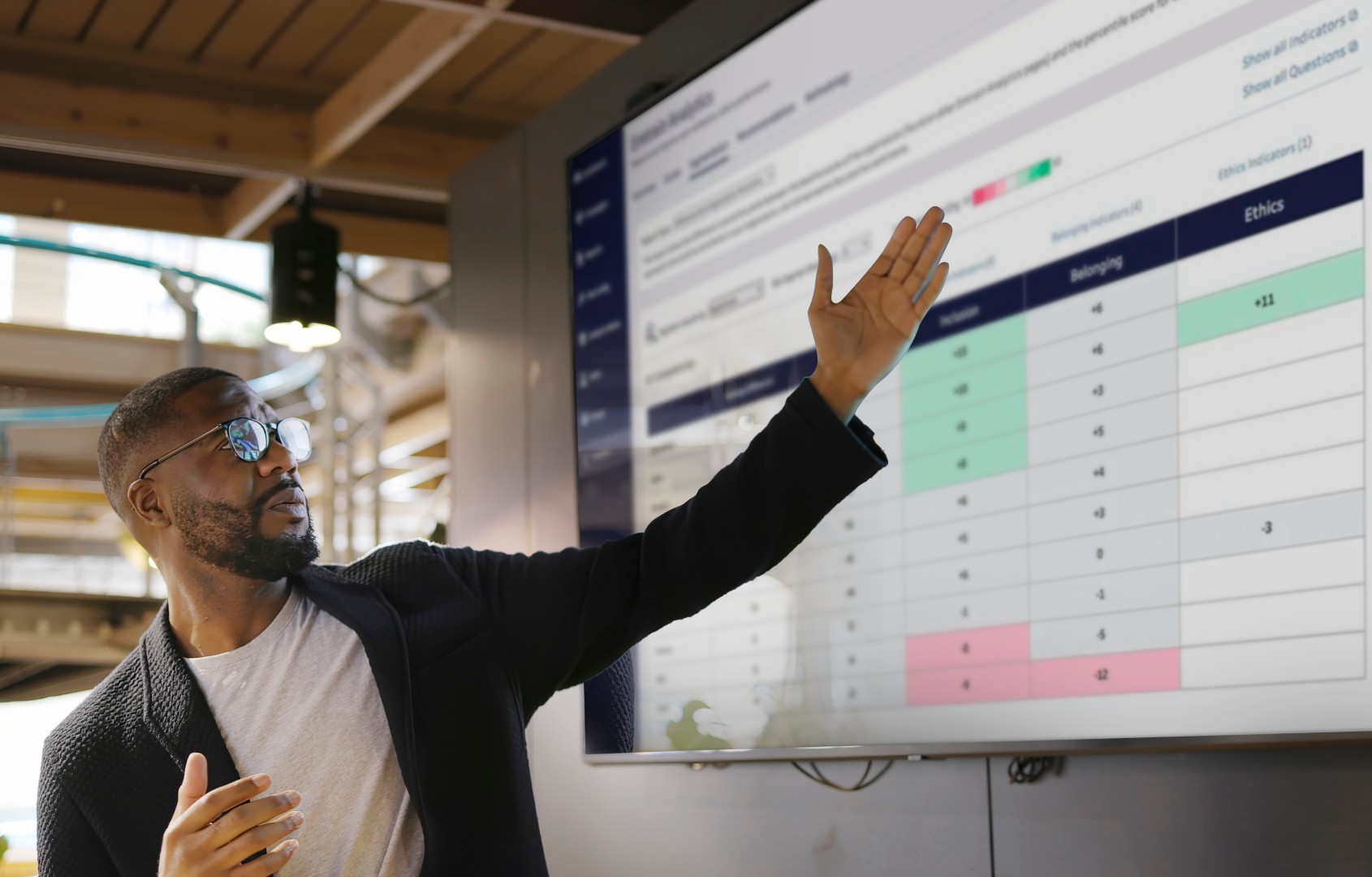Workplace analytics have quickly become an essential tool for organizations striving to build and sustain a healthy workplace culture. These analytics provide a window into employee sentiment, uncover hidden issues, and help leaders make informed, data-driven decisions that improve engagement, inclusion, and overall well-being. In today’s fast-evolving work environment, relying on traditional feedback methods alone is no longer enough. Emtrain Intelligence delivers workplace analytics that gather timely, contextual insights—helping companies move beyond guesswork to create thriving cultures rooted in respect and accountability.
Why Workplace Analytics Matter More Than Ever
Many organizations still depend heavily on annual employee surveys or periodic feedback forms to gauge culture and employee experience. While these tools have value, they often produce broad, generic results that miss the nuanced dynamics playing out day-to-day. For example, a survey might flag “low morale” but fail to identify whether it stems from unclear leadership communication, manager favoritism, or perceived inequity in workloads.
Workplace analytics bring a more detailed and actionable perspective. By collecting feedback immediately following training or specific workplace scenarios, these analytics deliver targeted insights tied directly to relevant behaviors and interactions. This approach reveals precise areas of concern that can be addressed before they escalate.
Key Benefits of Using Workplace Analytics to Improve Culture
- Higher Engagement and Honesty: When questions are integrated into a HR compliance training or aligned with real workplace situations, employees feel a greater sense of psychological safety and are more motivated to respond honestly. This trust leads to higher response rates compared to generic, disconnected surveys.
- Predictive Insights to Avoid Risks: Workplace analytics can detect subtle signals of trouble—such as manager behaviors that may cause exclusion or anxiety—enabling HR and leadership to intervene early. This predictive capability helps avoid turnover, lawsuits, and productivity declines.
- Actionable Data for Targeted Interventions: Instead of vague recommendations, workplace analytics provide specific, data-backed insights that HR teams can use to design targeted coaching, policy updates, or culture initiatives tailored to the unique needs of each team or department.
Conclusion:
Workplace analytics are much more than numbers—they’re insights into the human experience at work. Emtrain Intelligence helps organizations harness these insights to build healthy, respectful, and high-performing cultures. If your company is still relying solely on annual surveys or outdated feedback methods, it’s time to embrace a more contextual and impactful way to understand and improve workplace culture.
Are you ready to leverage workplace analytics that truly make a difference?








